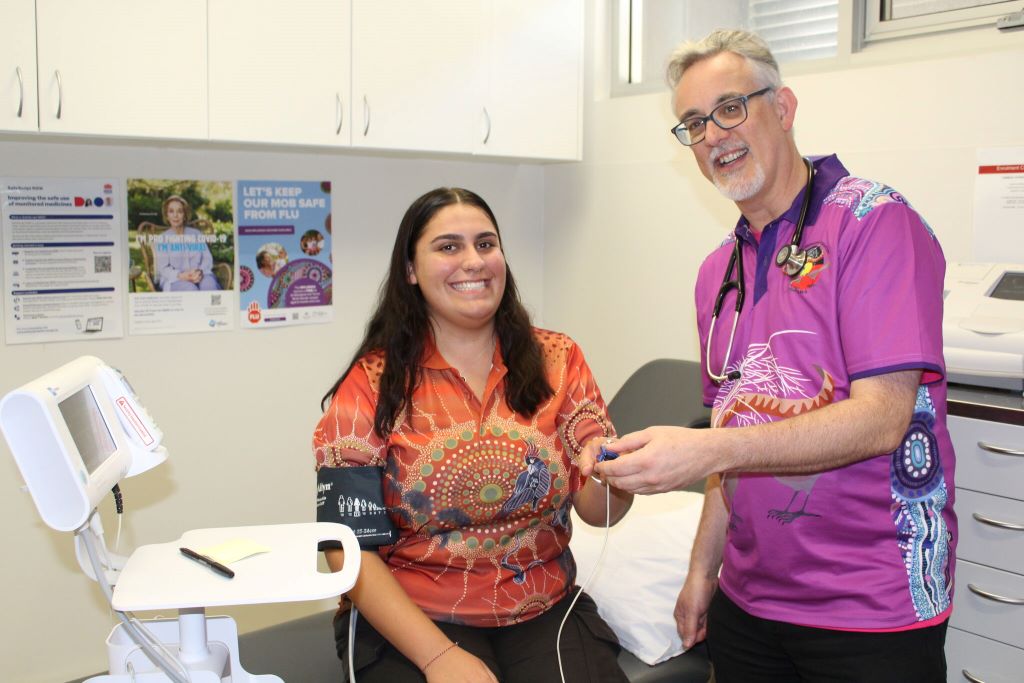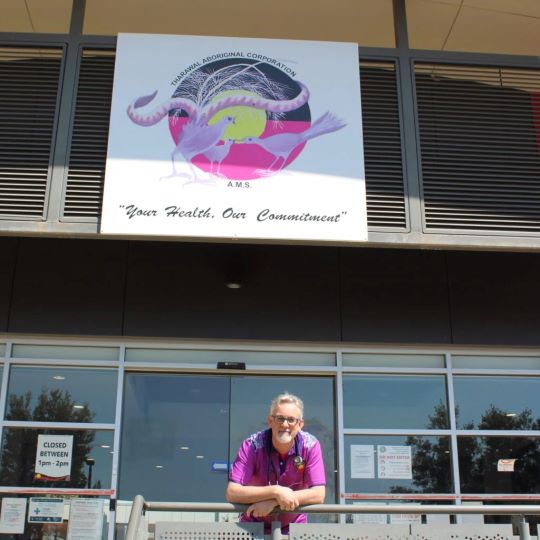
Dr Tim Senior, a GP at Tharawal Aboriginal Corporation in Airds, has been awarded a Churchill Fellowship to study general practice in deprived areas in the United Kingdom for two months.
He says he is confident the information he will bring back has the potential to improve primary care in disadvantaged Australian communities.
“The fellowship will be highly relevant as many of the challenges and joys encountered by GPs in deprived communities in the UK are the same as those encountered in South Western Sydney,” Dr Senior said.
His trip will focus on Deep End GP networks in Scotland, Ireland and England, where GPs serve the most disadvantaged communities. GPs at the Deep End work collectively, sharing learning on projects involving advocacy, service development, research and evidence, and professional development.
“Each group has developed from the ground up in their local communities and developed different ideas I want to learn from,” Dr Senior said.
“Some groups focus on how GPs can be supported, some on advocacy about policy in working in areas of poverty, some groups are involved in GP research networks, and some have done some interesting work in specific GP registrar training for working in deprived communities.
“The GPs at the Deep End groups have the most advanced thinking and action in tackling these problems from a GP perspective, rather than a public health perspective. It’s this range of ideas and experiences that can change what we do in Australia.”
Dr Senior said he first encountered the work of the GPs at the Deep End 12 years ago.
“What struck me was how similar their work was to my work in Aboriginal and Torres Strait Islander health. Obviously, there were differences, however, much of the work was also influenced by poverty.”

Dr Senior said his career in general practice, including 18 years at Tharawal, had always involved working in low-income communities.
“I’m proud of being a GP, and very much aware of the importance of primary care – patient-centred, accessible to all, coordinated, multidisciplinary and life-long – for population health and the health of communities,’’ he says.
“GPs are experts in patient-centred care, multimorbidity, complexity, early diagnosis and in understanding local context.
“It’s important everyone has access to this type of care, and those who need this care most and have the most to benefit, are those who can least afford to pay for it,” he said.
Dr Senior’s passion and drive to assist the disadvantaged comes, in no small part, from his own background.
His GP training was in Sheffield, England, working in deprived communities after the collapse of the mining and steel-working industry in the 1980s.
“I’ve been fortunate in the opportunities I’ve had, though my parents and grandparents came from Methodist Yorkshire working-class families that struggled for money – but always had a social conscience,” he said.
“I’ve been very influenced by that upbringing, feeling that I should use my skills where they are most needed.”
Besides his role at Tharawal, he is also a clinical senior lecturer at Western Sydney University and a member of Asthma Australia’s Professional Advisory Council.
